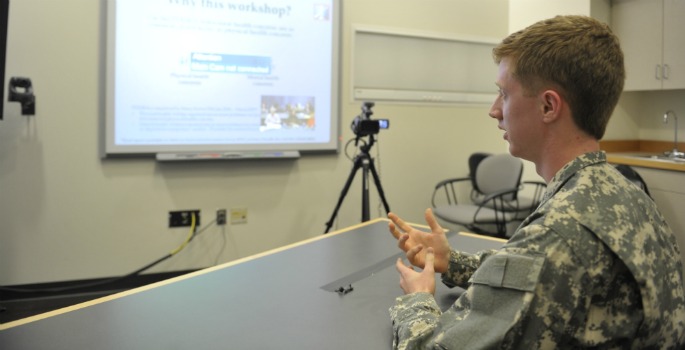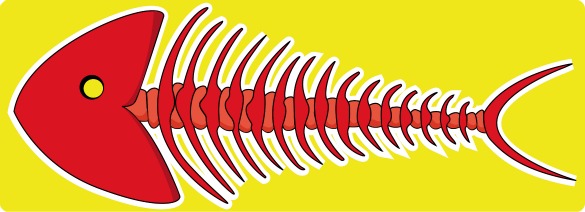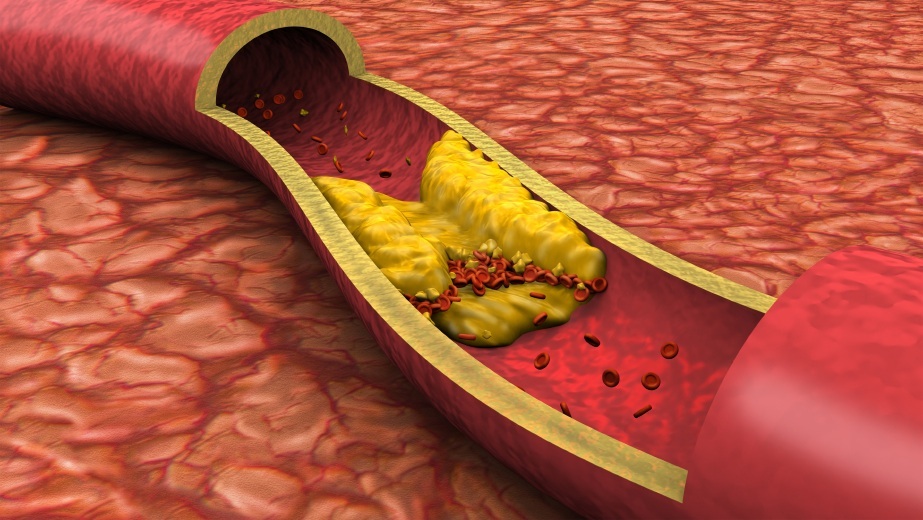Health And Medicine
-

Study uses art to spur patients to walk after surgery
Mary Gwyn Bowen, R.N., is studying whether art on the walls motivates patients to ambulate more quickly following cardiac surgery. (Joe Howell / Vanderbilt) Following cardiac surgery, patients are encouraged to get out of bed and walk as soon as possible, a daunting task to many who… Read MoreJan 5, 2012
-

Training addresses returning service members’ mental health needs
A Vanderbilt-led workshop for military health care providers could lead to more post-deployment mental health referrals. Read MoreDec 21, 2011
-

Cholesterol-lowering drugs may reduce mortality for influenza patients
Statins, traditionally known as cholesterol-lowering drugs, may reduce mortality among patients hospitalized with influenza, according to a new study released online by The Journal of Infectious Diseases. Read MoreDec 19, 2011
-

Clues to skeletal form in ‘feelgood’ fish
Ela Knapik, associate professor of medicine, and colleagues are using zebrafish to explore the molecular and cellular mechanisms that cause birth defects of the face and skeleton. Read MoreDec 16, 2011
-

Divvying up chromosomes
(Benedict Campbell/Wellcome Images) Mitosis, or the separation of chromosomes during cell division, is driven by dynamic interactions between the kinetochore region on chromosomes and string-like structures called microtubules. A number of proteins, including the enzyme Cdk1, regulate these interactions, but it is unclear what kinetochore components such enzymes work… Read MoreDec 16, 2011
-

“Extractionator” could bring high-tech medical diagnostics to rural areas
The Bill and Melinda Gates Foundation has given them $1 million to three Vanderbilt scientists to develop a point-of-care sample collection and preparation product that could bring advanced medical diagnostic testing to the third world. Read MoreDec 16, 2011
-

New schizophrenia drug candidates entering prep for first-in-human testing
The progression of new drug candidates for schizophrenia with partner Janssen Pharmaceutica is the latest evidence that a new collaborative model for drug discovery pioneered at Vanderbilt may help identify and develop innovative candidate drugs for treatment of major brain disorders. Read MoreDec 15, 2011
-

Young stem cells counter kidney aging
Young bone marrow cells alleviate aging-related kidney changes in mice. Read MoreDec 15, 2011
-

Divvying up chromosomes
Protein helps ensure proper division of chromosomes during cell division. Read MoreDec 15, 2011
-

Virus-linked cancer gets help from host
Host cell protein may be a target for strategies to limit spread of virus-induced squamous cell cancers. Read MoreDec 15, 2011
-

Offspring of childhood cancer survivors have no increased risk for birth defects
Children of childhood cancer survivors who were treated with radiation or some forms of do not have an increased risk for birth defects compared to children of cancer survivors who did not receive such treatments. Read MoreDec 15, 2011
-

Jeffrey Sosman named to melanoma research ‘Dream Team’
Jeffrey Sosman (Vanderbilt) Jeffrey Sosman, professor of medicine at Vanderbilt-Ingram Cancer Center (VICC), has been named to a melanoma research Dream Team of cancer investigators supported by Stand Up To Cancer (SU2C) and the Melanoma Research Alliance. Sosman is among the Dream Team’s principal investigators who… Read MoreDec 15, 2011
-

Stanley Cohen’s Nobel Prize: 25 years of progress
Twenty-five years after he received the Nobel Prize, Stanley Cohen’s discovery of epidermal growth factor continues to transform medicine. Read MoreDec 9, 2011
-

Informatics team creates gene app, wins national contest
Members of informatics team have been recognized by National Library of Medicine for gene app. Read MoreDec 9, 2011
-

Study leads to simpler therapy for treating latent tuberculosis
Research led by Timothy Sterling, professor of medicine, has led to an important change in The Centers for Disease Control and Prevention's recommendations in the regimen for prevention of the centuries-old scourge, tuberculosis. Read MoreDec 9, 2011
-

Move out, cholesterol
Compounds developed at Vanderbilt could offer a whole new way to treat atherosclerosis. Read MoreDec 8, 2011
-

Lung nodule surgery not always “futile”
Even when lung operations for suspected cancer resection results in a benign diagnosis, there still may be significant benefits to the procedure, new research suggests. Read MoreDec 7, 2011
-

Study points to personal treatment for atrial fibrillation
Individuals with atrial fibrillation who have a particular genetic variant respond better to rate control therapy. Read MoreDec 6, 2011
-

Study finds more young people becoming nurses
Nursing shortage eased by 62 percent increase in young nurses over past decade. Read MoreDec 6, 2011
-

Ecstasy drug produces lasting toxicity in the brain
Recreational use of the "rave" drug Ecstasy is associated with chronic changes in the human brain. Read MoreDec 6, 2011